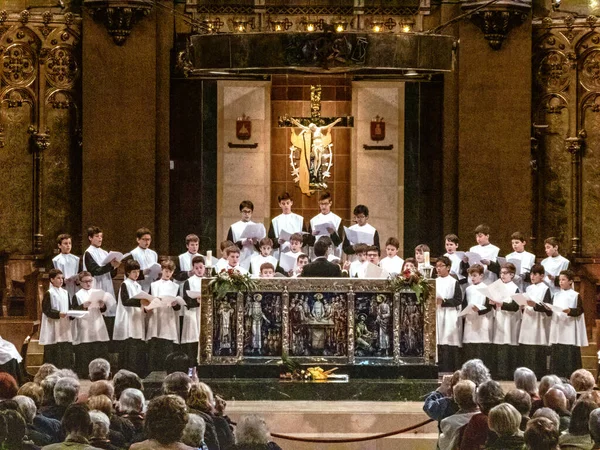
It would have been unthinkable a decade ago: young men, typically depicted as wandering away from religion, are now quietly spearheading a return to church life. In sanctuaries and campus chapels around the nation, the noise of their voices grows increasingly impossible to deny.

1. A Reversal in Generational Trends
Younger generations were for years known as the “least religious,” with consistent downward spirals in attendance. But Barna Group State of the Church 2025 research indicates Gen Z men now attend church a bit more frequently than Millennial men, at 1.9 weekends per month to Millennials’ 1.8. Barna vice president of research Daniel Copeland characterizes it as “good news for church leaders” and as one aspect of a broader spiritual revival. Adherence to Jesus has grown 12 points across the country since 2021, with Gen Z men’s adherence growing 15 points since 2019.

2. The Attraction of the Offline World
Dr. Cory Marsh of Southern California Seminary notes that “Gen Z males are becoming fed up with a virtual world run by algorithms and dating apps… and are seeking something real.” More than half of Gen Z believe in person connections are stronger than online ones, and over three in five wish they spent less time online. For many, church offers a countercultural space embodied, communal, and rooted in traditions deeper than fleeting digital trends.

3. The Gender Divide
While men’s attendance is climbing, women’s is slipping. The Survey Center on American Life reports that 61% of young women identify as feminist and are wary of institutions with traditional social structures. In 2025, 43% of men reported weekly attendance compared to 36% of women the largest gender gap in at least 25 years. Married fathers now lead in consistent churchgoing, while single mothers have some of the lowest attendance rates.

4. Bible Reading Increasing
Depth hunger is seen in Scripture reading habits. Circana BookScan tracked a 22% increase in Bible sales during 2024, well ahead of total print book growth. Lifeway Christian Resources experienced a 30% surge, particularly with younger readers and first time consumers. “People are attracted to Bibles crafted to assist them in reading God’s Word more deeply,” says Andy McLean, Bibles and Reference publisher at Lifeway. The American Bible Society’s State of the Bible report reported Gen Z Scripture engagement improved from 11% to 15% in one year.

5. Campus Revivals and Public Professions
Sunday mornings aren’t the only place where revival fever is prevalent. Programs like Auburn’s UNITE and Florida State’s midnight baptisms are attracting thousands. Unite US co-founder Tonya Prewett remembers, “‘We had nearly 5,000 students attend; approximately 200 were baptized that evening.” These events typically combine worship, confession, and public professions of faith, with follow-up linkages to nearby churches. Pastor Jonathan Pokluda observes “a movement of college students who desire to live out their faith. They don’t want to just attend church on Sunday but be followers of Jesus Sunday through Saturday.”

6. Sociological Undercurrents
The American National Family Life Survey points to shaping differences: fewer Gen Zers were raised with regular worship, Sunday school, or family prayers than previous generations. But those who do are intensely committed fewer in number but deeply committed. Researcher Ryan Burge compares it to a decrease on the stove: “the amount of liquid goes down, but the concentration of flavors goes up.

7. Cultural Divergence Among Young Christians
Even under church roofs, young women and men disagree dramatically on social questions. Pew’s 2024 Religious Landscape Survey finds 75% of young Christian women favor marriage equality, compared to 57% of young Christian men. Opinions on abortion, acceptance of transgenders, and the roles of government also diverge. Attendance rates among young Christian men hold up despite these divisions, which implies that there can be common spiritual practices amidst cultural differences.

8. Opportunities and Challenges for Leaders
Barna’s CEO, David Kinnaman, warns that mere attendance does not make disciples. “There is still the challenge of shaping hearts and minds to live out their faith beyond church participation.” For pastors and ministry leaders, the arrival of young men holds promise and responsibility to engage them offline, in genuineness, and to guide their faith to become lifelong discipleship.

In the subdued shift in pew composition, the presence of Gen Z men is rewriting the geography. They’re looking for depth, authenticity, and embodied community indications that, for this generation, the narrative of faith is anything but finished.


